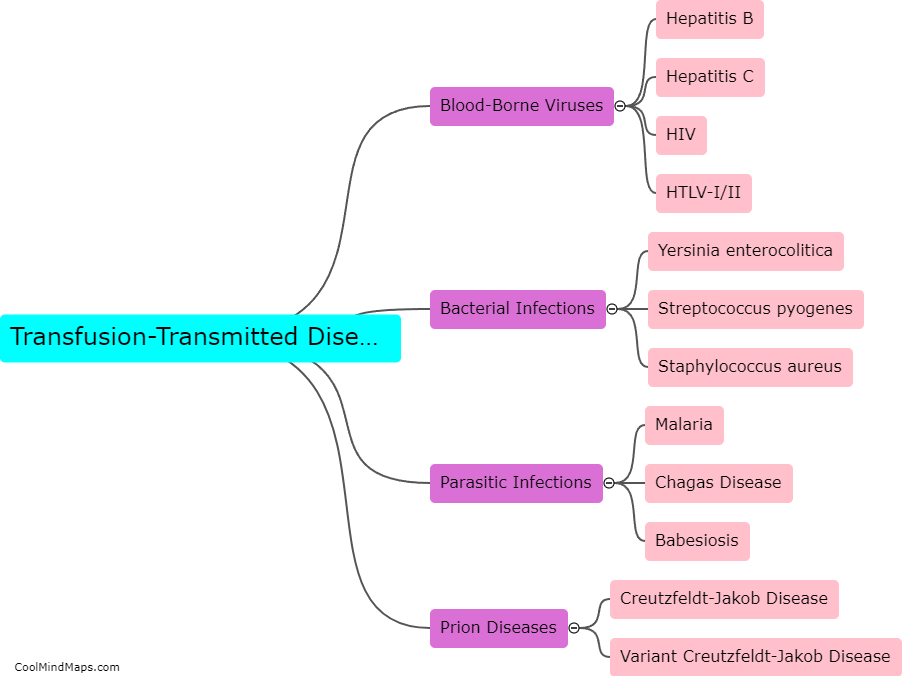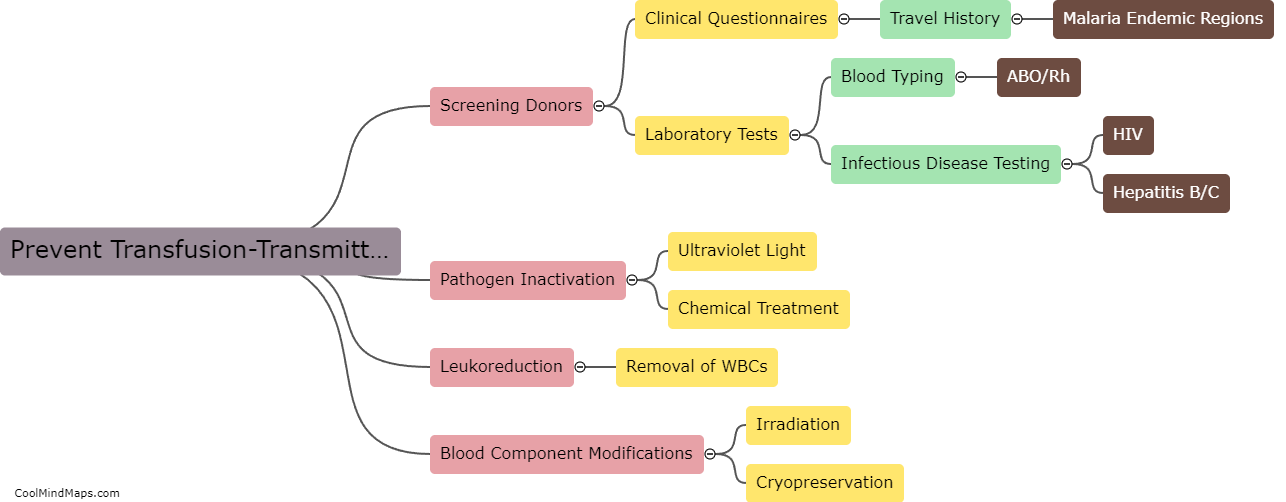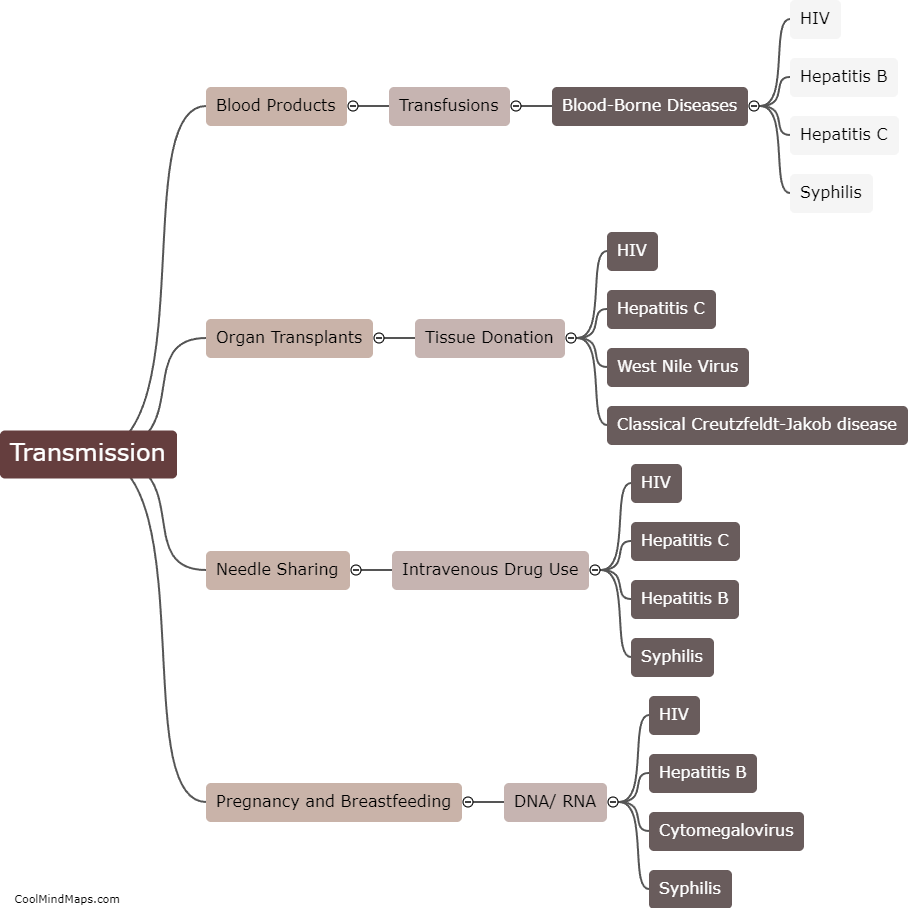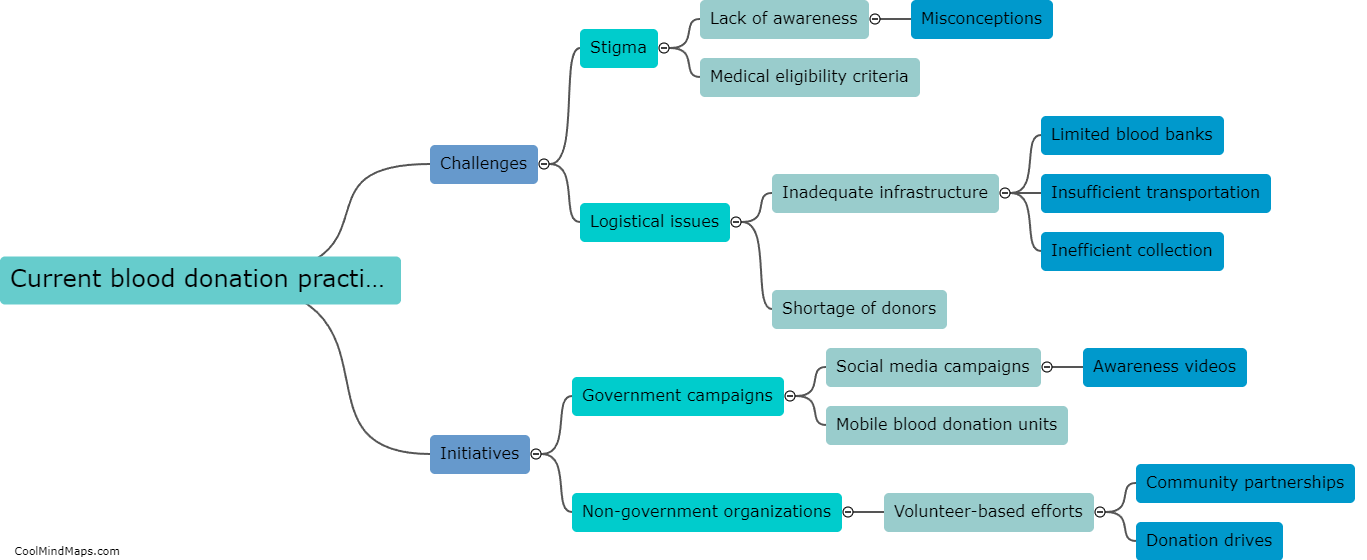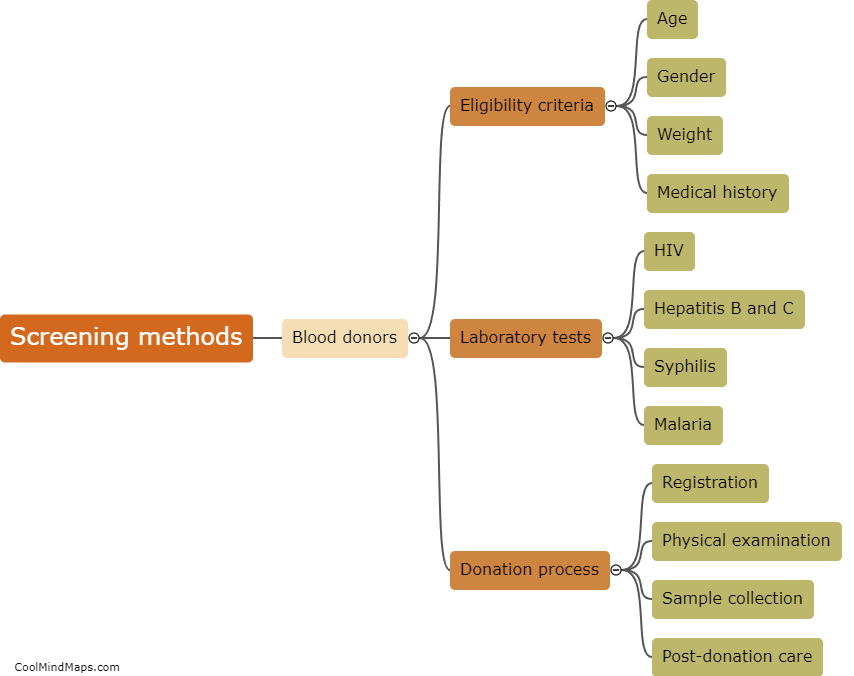What are the consequences of transfusion-transmitted diseases?
Transfusion-transmitted diseases are serious health outcomes that can arise due to the transfer of infectious agents from the blood donor to the recipient during blood transfusion. These diseases can lead to severe complications, hospitalization, and even death. The consequences of transfusion-transmitted diseases include the spread of infectious diseases such as HIV/AIDS, hepatitis B and C, and other viral or bacterial infections. The infected blood can have long-lasting consequences, leading to chronic illnesses as well as liver and kidney failure. Additionally, the financial and psychological burdens of managing the medical conditions associated with these diseases also add to the significant impact of the transfusion-transmitted diseases. Therefore, it is essential to implement robust screening measures to ensure the safety and quality of transfused blood to prevent the adverse health outcomes associated with transfusion-transmitted diseases.
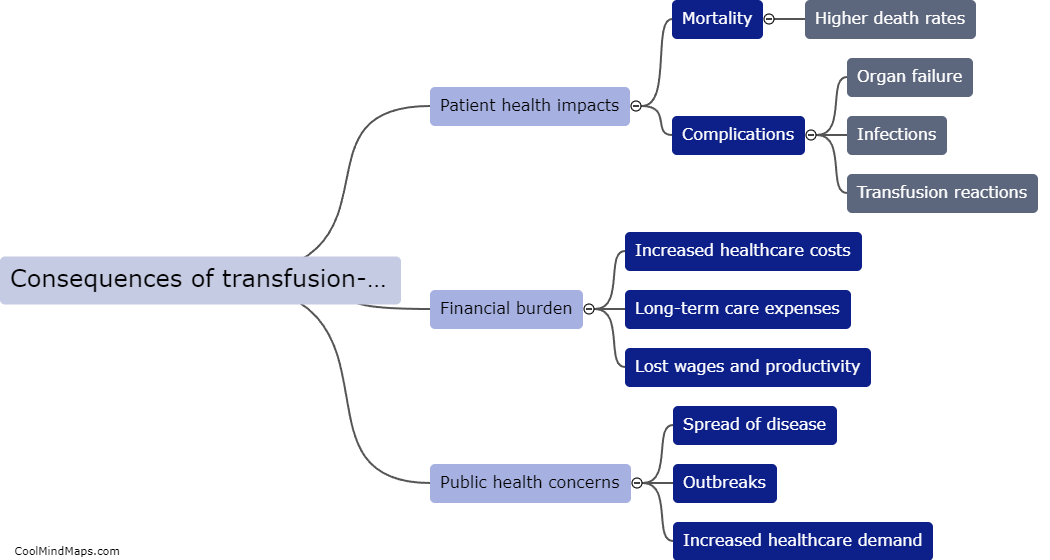
This mind map was published on 25 June 2023 and has been viewed 106 times.






